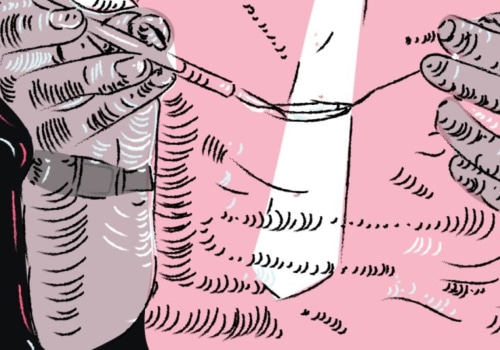Addiction is a complex condition that requires a comprehensive approach to treatment. Cognitive Behavioral Therapy (CBT) is one of the most effective treatments for addiction, as it helps individuals recognize and avoid destructive thoughts and behaviors. Other therapies, such as group and individual counseling, can also be used to provide a holistic approach to recovery. Additionally, medications are available to help control cravings and provide symptomatic relief.
The Affordable Care Act has expanded the impact of the Mental Health Parity and Addiction Equity Act (MHPAEA), so many health plans must offer coverage for mental health or substance use disorders with at least a level of benefits equal to that offered by plans for the treatment of physical health problems. It can be difficult to know what type of addiction treatment is best for an individual, but there are resources available to help. The Psychology Today website features an extensive registry of treatment centers, programs, medical experts and support groups specializing in addiction recovery. Additionally, Eudaimonia Recovery Homes can connect individuals with licensed addiction treatment professionals. When someone is struggling with substance abuse, it is often helpful for family members or close friends to organize an intervention.
This involves gathering together with a representative from an addiction treatment center or program to encourage the individual to start treatment immediately or risk losing support from their loved ones. The effectiveness of behavioral therapy for treating addiction varies depending on the person receiving the treatment, their level of participation in the treatment, the therapist and other members of the treatment team, and the type of therapy being given. It is important to find a treatment plan that works for each individual and provides them with the tools they need to stay sober.






